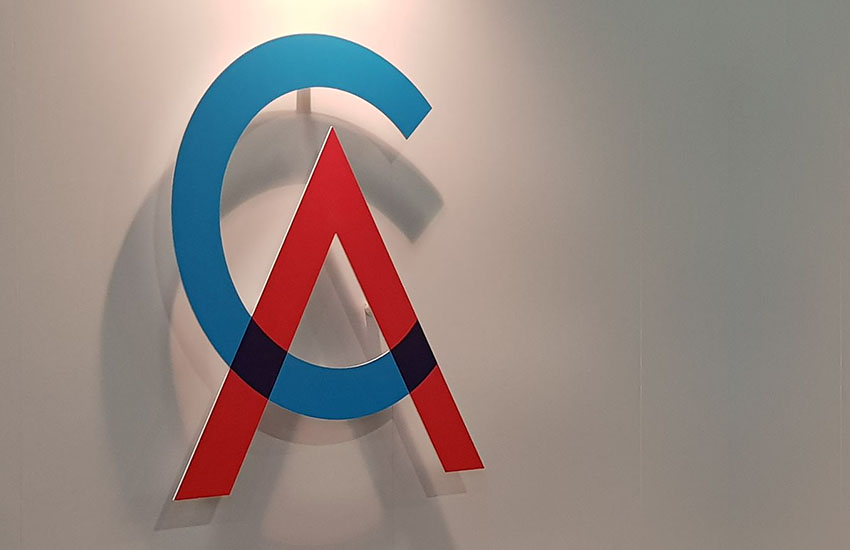CA ANZ pushes back against ATO’s ‘outdated’ personal services income approach
TaxChartered accountants have taken aim at the ATO’s “out of touch” approach to the allocation of professional firm profits, arguing that partners no longer rely on providing personal services to generate income.

The feedback from members of Chartered Accountants Australia and New Zealand comes as the ATO wraps up its consultation on draft Practical Compliance Guideline 2021/D2, which aims to prevent owners of a professional firm from being taxed on an “artificially low” share of the business’s profits.
CA ANZ believes the new guidance fails to recognise the ability of a firm to generate profits in excess of an individual professional practitioner’s (IPP) personal exertion, and fails to take into account how many of a firm’s services are now provided by non-IPP employees.
“In short, IPPs are increasingly regarded — within their accounting firms and externally — as business and relationship managers with access to a wide array of problem-solving skills from a business structure capable of delivering a diverse range of services,” said CA ANZ in its submission to the ATO.
“Yet PCG 2021/D2 remains committed to an over-arching range of tests which purport to be applicable to all IPPs (and the broad range of firms — large and small — they manage), founded on the notion that, in the professional services sector, a proportion of their income continues to be generated by their personal services.
“In many firms, however, a not insubstantial number of IPPs have no or nominal direct client service roles (i.e. charged time). This reflects the nature of their role as a business owner and operator.”
The concern is shared by CPA Australia, who believes the new guidance will see the rise of commercially unsound and unnecessary structures so that firm profits are taxed in the IPP’s name simply to get a lower risk score, not because it is the correct tax outcome.
Compliance costs
CA ANZ also notes that the new guidance will likely increase the compliance burden for both IPPs and their firms.
“Within a firm, the IPPs as a whole will not usually know if there is a particular IPP in their midst who is pursuing aggressive tax strategies,” said CA ANZ.
“But because of the reputational damage that a particular IPP may cause to their firm and possible flow-on ATO investigative activity for other IPPs associated with that same firm, PCG 2021/D2 may well result in changes to the way in which the tax affairs of all IPPs (and their associates) are monitored by the firm to which they belong.
“This may be an intended outcome within ATO circles, but CA ANZ points out that this extended compliance burden is somewhat unique to professionals and the firms to which they belong and imposes a higher standard on these professionals compared to other equivalent business operators.”
CA ANZ’s submission builds on a joint submission by a range of accounting and legal professional bodies. It also follows separate submissions from CPA Australia and the Institute of Public Accountants, who believe the ATO is trying to ensure that professionals pay more tax than is legally required to avoid the risk of an audit.




